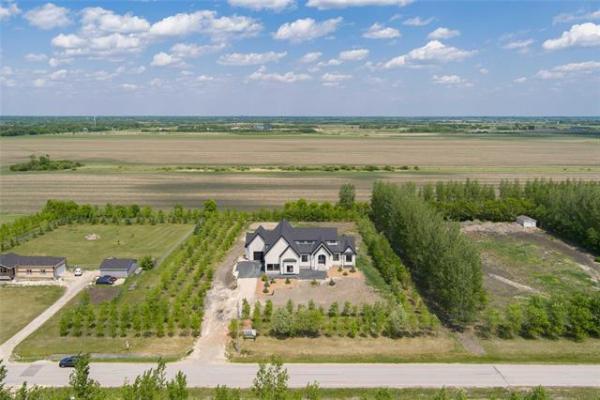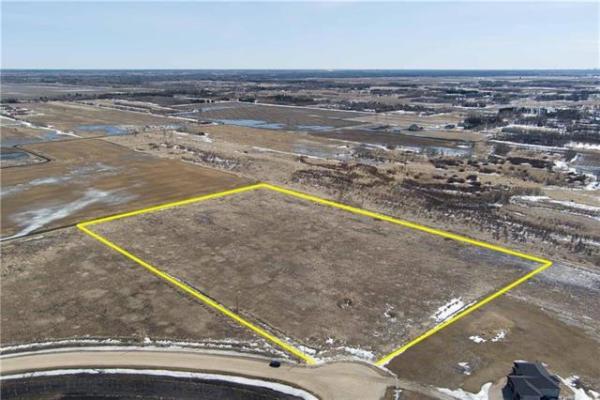IT appears as though the recent Big City Mayors’ Caucus of the Federation of Canadian Municipalities meeting produced positive results as it relates to infrastructure funding. We already knew of the federal government’s commitment of an additional $60 billion over the next decade, bringing promised funding up to $125 billion.
However, we also know there has been friction between the federal government and cities as it relates to receiving their perceived fair share, strings attached to funding, shovelready versus shovel-worthy and a fair funding formula for big-ticket projects. The argument has been made municipalities are burdened with 60 per cent of the infrastructure load but only receive 10 per cent of the tax base. That makes the one-third federal, one-third provincial and one-third municipal funding formula almost impossible for cities to participate.
Now that we’re not in election mode municipally or federally, the shiny new projects don’t have to garner all of the new funding headlines. There will be flexibility for what is being called a "deferred maintenance backlog"; items such as fixing old buses, sewers and social housing. We have plenty of need for all three in Winnipeg. They are also ‘shovel-ready’. That is, they have been identified, cost estimates are done, and we can go about fixing them immediately upon confirmation of funding.
Larger and newer projects will be considered on a case-by-case basis.
Again, Winnipeg’s city council is ahead of the game on this. They’ve made their list, ranked projects in order of priority and are ready to move ahead.
The next step will be to get funding confirmation on a longer-term basis.
The construction industry cannot wait for the spring passing of three levels of budgets to plan a season that would begin immediately afterwards.
In order to maximize efficiency and minimize costs, this planning and allocation needs to be completed well in advance of the typical outdoor construction season. People’s jobs depend upon it.
Yes, it’s about jobs, but it’s also about quality of life in the big cities. It’s about operating efficiently so that big cities can continue to be the economic engines they were designed to be.
It’s also about realizing everyone has a share in funding infrastructure.
Roads, bridges, water and other necessary core components are used by everyone and are the responsibility of everyone. You can’t simply target one segment of the population or one neighbourhood and expect them to shoulder the burden of behalf of all of us.
Mike Moore is president of the Manitoba Home Builders Association.



